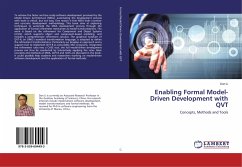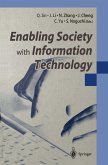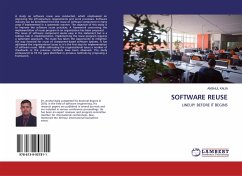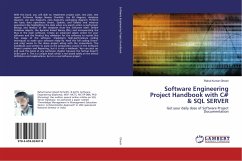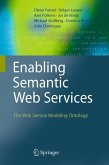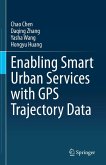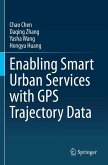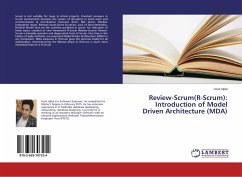To achieve the faster and less costly software development promised by the Model Driven Architecture (MDA), automating the development process with tools is critical, but not easy. One reason is that MDA lacks a precise and concrete development methodology. This book aims at exploring techniques to automate the MDA development process through the application of formal refinement mechanism as model transformations. The work is based on the refinement for Component and Object Systems (rCOS), which supports object and component-based modeling, and includes a comprehensive refinement calculus. The graphical notation of QVT-R, an OMG's standard transformation language, is adopted to define the refinement transformations. Particularly we develop an approach and a support tool to implement QVT-R as executable XSLT programs. Integrated the refinement rules into a CASE tool, the full model-driven development process can thus be conducted by interactively applying the rules. Basic conceptsand methods of MDA, QVT-R and rCOS are discussed in the book. It could possibly help students and researchers working on model-driven software development and the application of formal methods.

